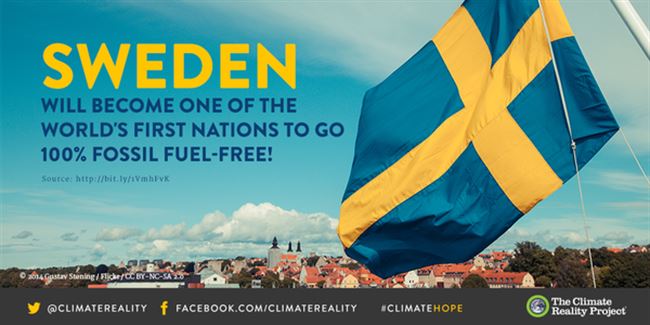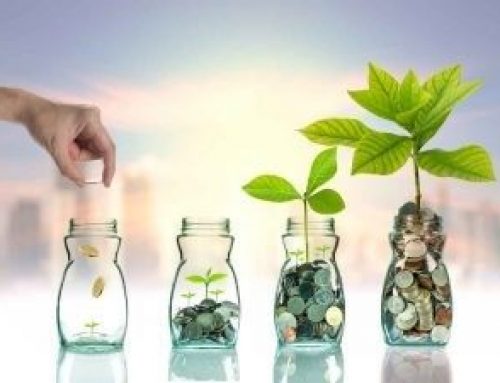Project Description

Trends in the next decade: the Fossil Fuel Emperor has no clothes!
If we are to ensure a good quality of life for everyone, rich and poor, right across the planet, there are a couple of critical and interconnected problems which we will have to address in the next decade. One of them is not to let the planet get much warmer than it already is.
We all know that an average global temperature increase of more than two degrees will threaten the continued existence of many places in coastal regions, and will cause vast areas of the planet to become deserts, putting the production of food and access to water under threat for large rural and urban areas everywhere. Other regions will face torrential rain that will lead to severe flooding of cities and land. Extreme weather conditions will become more frequent, with severe consequences. Wildlife on land, in oceans and rivers will be put under even greater pressure and most will probably not survive.
It is hard to imagine any existing development model, country, population or industry that is not already, or will not shortly be, affected by these events. Think about it. Do you recall how many times you have been exposed to one of these events in the last 12 months? The first effects of global warming are already easy to see, everywhere. And it will get worse.
The question is: are we doing all we can to stop it getting any worse?
The answer is that some are doing a lot more than others. This answer applies to people like you and me, as well as to governments and companies.
Global dialogues, such as the COP22 meetings in Morocco (7-18 November, 2016), are extremely important to persuade those in power who have not yet done so to commit to limiting global warming. Particularly important, as discussed by Naomi Klein in her book This Changes Everything, is that regional and global trade agreements should also take on board the urgency to cut emissions, and to change legal trading criteria from “cheapest” to “zero emissions”. No, we are definitely not there yet and we have to get everyone we can on board.
But, just as the stone age did not end because of a lack of stones, the oil age will probably not end because of a lack of oil. It will end because, like so many times before, some people evolve, become smarter, develop new technology, improve their chances of surviving, and develop their societies.
The facts show that some people are already getting smarter – and they are starting a domino effect that will defines a major trend for the next decade.
Entire countries and regions are divesting from fossil fuel and non-renewable energy, and are investing in energy sources that will boost their development for decades for free! The most up-to-date technologies are getting cheaper and more efficient, so implementation costs are more quickly covered. This is an enormous competitive advantage for any society or development model.
Sweden was the first country to declare that it will aim to become fossil free by 2030, in a document published by the government and signed by many big players, including Siemens, IKEA, H&M, Vatenfal, Tesla, Scania, and Akzo Nobel. Denmark produces 120% of its total energy needs from renewable sources, generating a surplus of 20%. Germany already produces more than 30% of its energy from renewable sources, more than the amount coming from brown coal.
But China is the number one in the world when it comes to investment in renewable energy, investing US$103bn, or 36% of the world total. This is more than the US, UK and Japan put together. In its 2016 annual report, Global Trends in Renewable Energy Investment 2016, UNEP found that emerging economies invested US$156bn last year, surpassing the developed world’s US$130bn. Also for the first time, coal- and gas-fired electricity generation attracted less than half the investments made in solar, wind and other renewables, which amounted to US$130bn and US$266bn respectively.
Argentina, African countries, like Rwanda, India, the signs are everywhere. Additionally, these countries’ governments are also – with other players – setting the scene for decentralization of energy production, enabling consumers to become independent of current market players and open to any type of new technology.
These actors are followed by regular investors, which are creating for example “fossil fuel free indexes”, by pension funds that are divesting from fossil fuels, and by other investment-related movements such as “go fossil free”, which monitors and campaigns for divestment, or “move your money”, which helps people to move their money to banks that do not invest in non-renewables. These movements have removed over US$2.5 trillion from the sector last year.
Even Saudi Arabia’s investments are moving away from the industry, in a slow but irreversible way, moving the liabilities to the state.
If we add to this list the hundreds of companies announcing zero GHG emissions targets[1], the lengthening list of electric cars being produced for all consumer groups, Pope Francisc’s encyclical and address to the US Congress, Leonardo DiCaprio’s campaign, numerous communities mobilized against the expansion of the fossil fuel industry, as well as mining projects that you can see growing every day on this map… all indicates that the Fossil Fuel Emperor will very soon have no clothes – despite the huge sums expended by the fossil fuel industry to block reform and keep business as usual, as if the planet and human naivety have no limits.
Will all those decisions change if politicians without a plan to tackle this global problem, such as Donald Trump, are elected? I don’t think so.
By Nelmara Arbex
[1] http://www.ceres.org/investor-network/resolutions/apple-report-on-policy-options-for-net-zero-ghg-emissions-by-2030
http://icleiusa.org/u-s-house-resolution-calls-near-zero-greenhouse-gas-emissions-2050/
http://bteam.org/announcements/five-more-companies-now-on-the-path-to-net-zero/
https://www.iberdrola.com/sustainability/environment/against-climate-change
http://www.edp.pt/en/sustentabilidade/ambiente/alteracoesclimaticas/Pages/alt_climaticas.aspx








